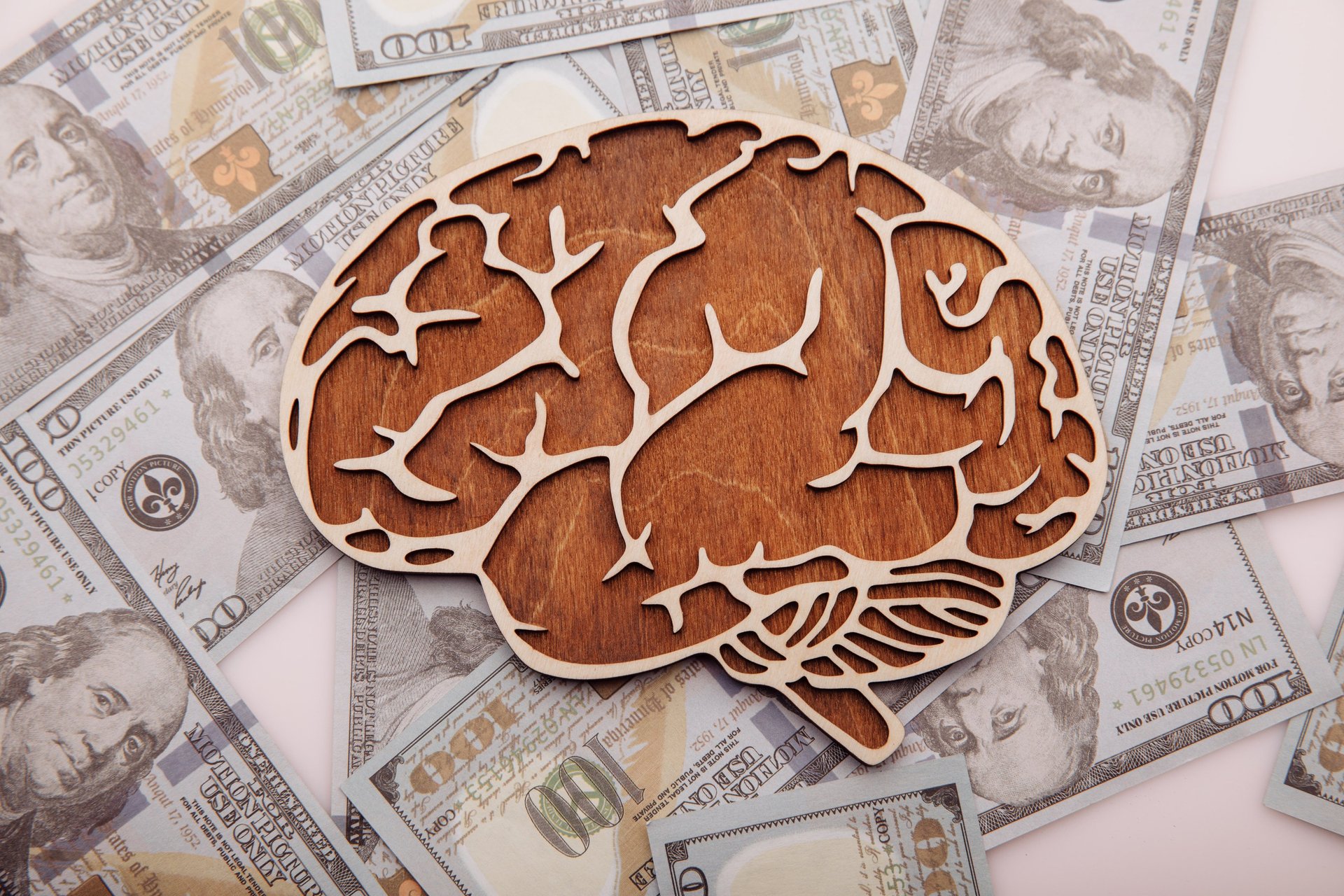Money's evolution from tangible assets to abstract representations has not only transformed economies but also centralized power.
Initial barter systems facilitated direct exchanges. The introduction of commodity money, like gold and silver, standardized trade and allowed wealth accumulation. The shift to fiat currency, backed by government decree rather than intrinsic value, enabled greater control over monetary policy. Today, digital currencies and complex financial instruments have further abstracted money, making it a potent, discrete tool for influence.



